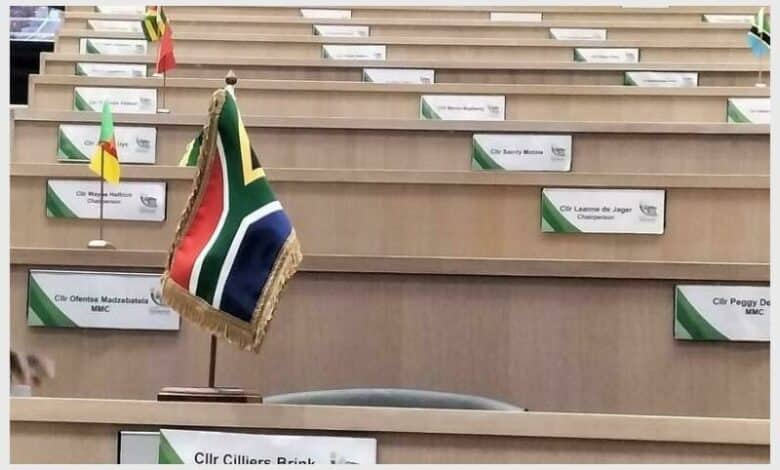News
Tshwane electricity debt lands them in court

The Tshwane metro is currently facing a significant financial dispute with power utility Eskom, concerning a debt amounting to R6.6 billion. This outstanding amount, as reported by the metro, comprises R4.5 billion in historical debt and R2.1 billion in current debt, based on the August invoice.
Legal proceedings regarding this matter between Tshwane and Eskom are ongoing, with the next court hearing scheduled for late November. Eskom’s spokesperson, Amanda Qithi, indicated that the September bill remained unpaid by the due date, and irregular payments have been made by the city.
Despite facing financial challenges, the metro managed to settle its invoices in full during winter months when Eskom charges a higher rate compared to other seasons. Qithi highlighted that Tshwane had amassed arrears of R5.2 billion by the end of August, leading to the current litigation between the two entities.
Metro spokesperson Lindela Mashigo revealed that the litigation commenced in the Gauteng North High Court in July and has since progressed to a hearing set for November 26 and 27, following a postponement as per the court’s directive.
Emphasizing the metro’s commitment to meeting its financial obligations and maintaining a positive relationship with Eskom, Mashigo stated that Tshwane aims to comply with the court ruling anticipated after the upcoming hearing.
Furthermore, Mashigo noted the city’s efforts to fulfill Eskom’s requirement of settling the current account promptly, highlighting successful payments made towards previous invoices. However, recent political turmoil has posed challenges to Tshwane’s financial recovery, casting uncertainty over the city’s economic future.
Regarding the financial status, the metro had submitted a payment plan to Eskom earlier this year, adhering to the outlined commitments despite the plan not being officially accepted. Continuous discussions with Eskom have led to an impasse, prompting legal arbitration to resolve the dispute.
In response to the financial challenges, the city has implemented a Financial Recovery Plan (FRP) focusing on revenue collection strategies and expense management across all departments. This plan, integral to Tshwane’s financial stability, is part of a broader support initiative aimed at ensuring the city’s financial recovery and service continuity.
Efforts to enhance revenue collection include campaigns targeting defaulting customers, resulting in reduced debt from top debtors, particularly in the business sector. The metro’s revenue collection campaign, Tshwane Ya Tima, plays a vital role in ensuring financial sustainability for the municipality.
For any additional information pertaining to this story, please contact bennittb@rekord.co.za or call 083 625 4114.
For more news and updates, visit Rekord’s websites and follow their social media platforms for breaking and community news.





















